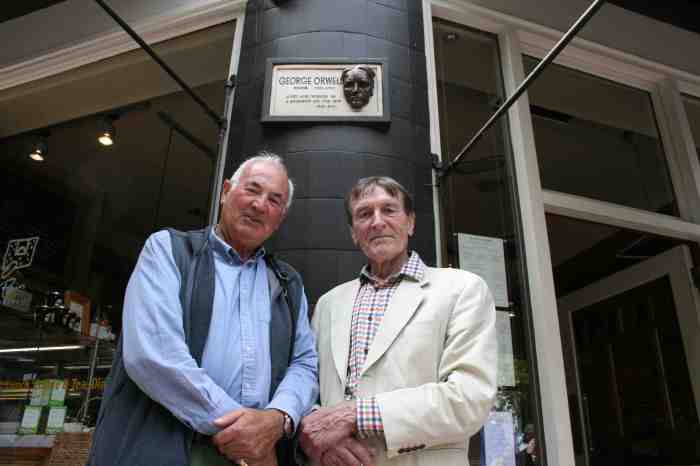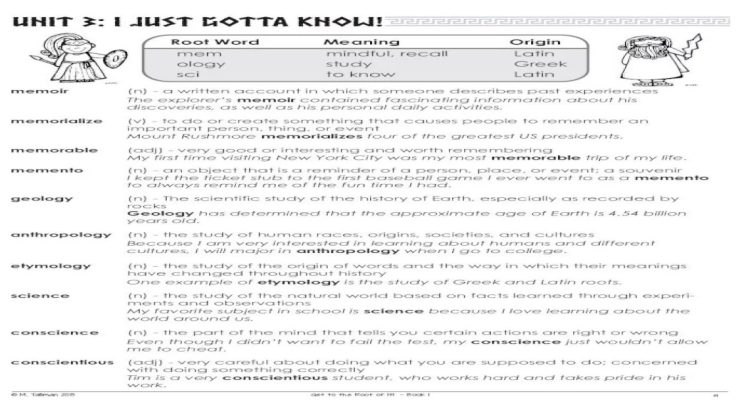Animal Farm Writer George Crossword: Embark on a literary journey through the timeless classic Animal Farm, where George Orwell’s profound insights into power, corruption, and societal dynamics are cleverly intertwined in a gripping allegorical tale.
This enigmatic masterpiece invites readers to decipher its intricate symbolism and unravel the hidden messages embedded within the characters and events, revealing a poignant reflection of human nature and the complexities of political systems.
George Orwell’s Animal Farm: A Historical Context

Animal Farm, a satirical novella by George Orwell, is a profound critique of totalitarianism and the dangers of unchecked power. Written in 1945, it reflects the political and social climate of England during the interwar period, marked by the rise of fascism and communism.
The Russian Revolution of 1917 had a profound impact on Orwell’s thinking. He saw the Bolshevik revolution as a betrayal of socialist ideals, leading to a new form of authoritarianism. This experience shaped his understanding of the dangers of totalitarianism and the importance of individual liberty.
Orwell’s personal experiences also influenced the themes of Animal Farm. As a police officer in Burma, he witnessed firsthand the brutality of colonial rule and the suppression of dissent. These experiences instilled in him a deep distrust of authority and a belief in the importance of fighting for justice.
The Characters in Animal Farm: A Reflection of Society, Animal farm writer george crossword
The characters in Animal Farm are symbolic representations of different human behaviors and societal roles.
- Old Major represents the ideals of socialism and equality.
- Napoleon and Snowball represent the competing ideologies of Stalinism and Trotskyism.
- Squealer represents the propaganda machine that supports the ruling class.
- Boxer represents the working class, exploited and betrayed by the ruling class.
- The sheep represent the masses, easily manipulated and controlled by the ruling class.
The Symbolism and Allegory in Animal Farm: A Deeper Meaning
Orwell uses various symbols and allegories in Animal Farm to convey hidden messages and critique real-world events.
- The farm represents the Soviet Union under Stalin’s rule.
- The windmill represents the failed Five-Year Plans.
- The Battle of the Cowshed represents the Battle of Stalingrad.
- The pigs represent the Communist Party.
- The dogs represent the secret police.
Animal Farm’s Impact and Legacy: A Timeless Classic
Animal Farm has had a profound impact on literature and political discourse.
- It is widely regarded as one of the greatest political satires ever written.
- It has been translated into over 70 languages.
- It has been adapted into numerous films, plays, and operas.
Exploring the Themes in Animal Farm: A Universal Message
Animal Farm explores several universal themes:
- The dangers of totalitarianism
- The importance of individual liberty
- The corrupting influence of power
- The struggle for equality
These themes continue to resonate with readers today, making Animal Farm a timeless classic that remains relevant to contemporary society.
FAQ Section: Animal Farm Writer George Crossword
Who is the author of Animal Farm?
George Orwell
What is the significance of the animals in Animal Farm?
Each animal represents a different aspect of human society and the political dynamics within it.
What are the major themes explored in Animal Farm?
Power, corruption, equality, and the dangers of totalitarianism.

